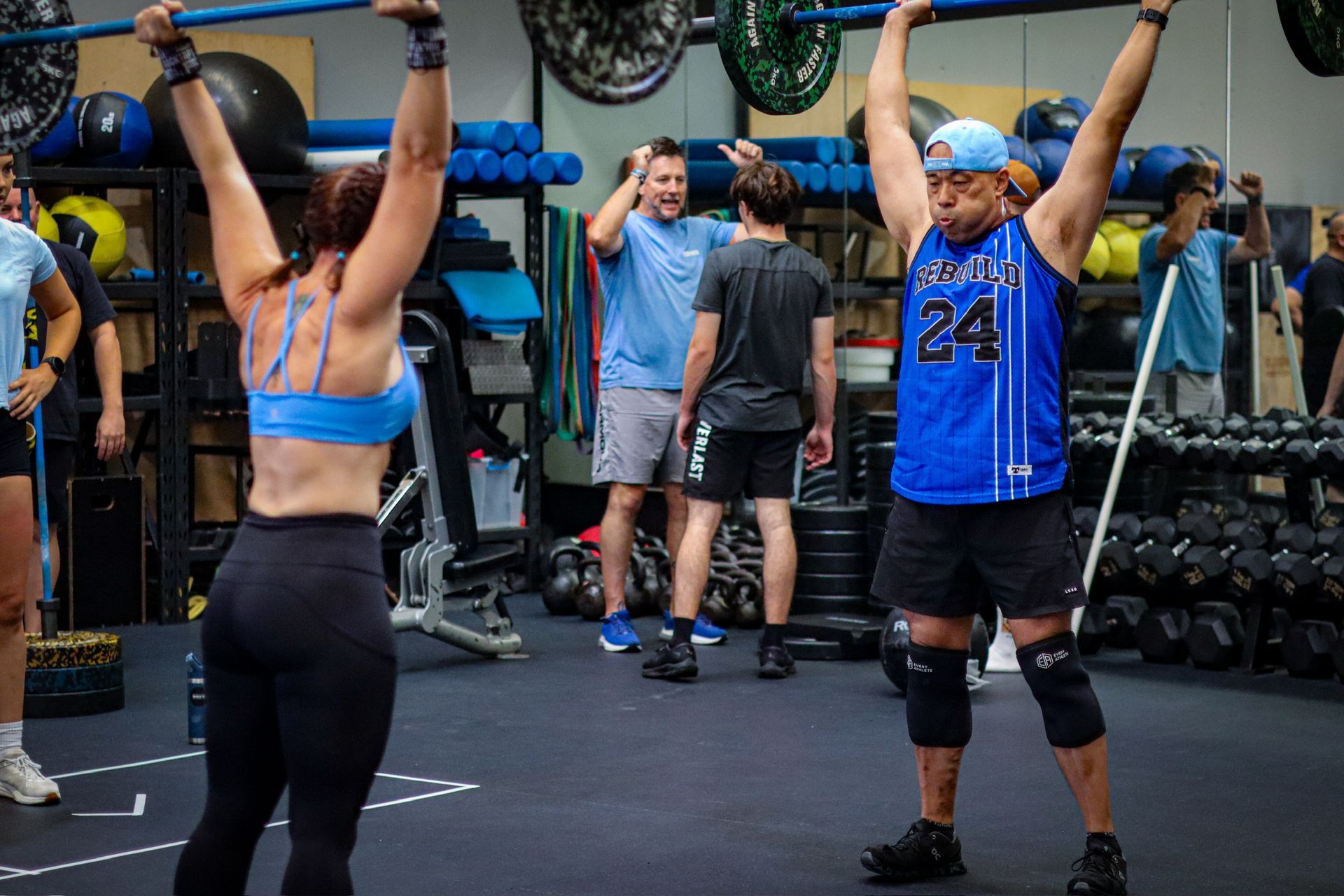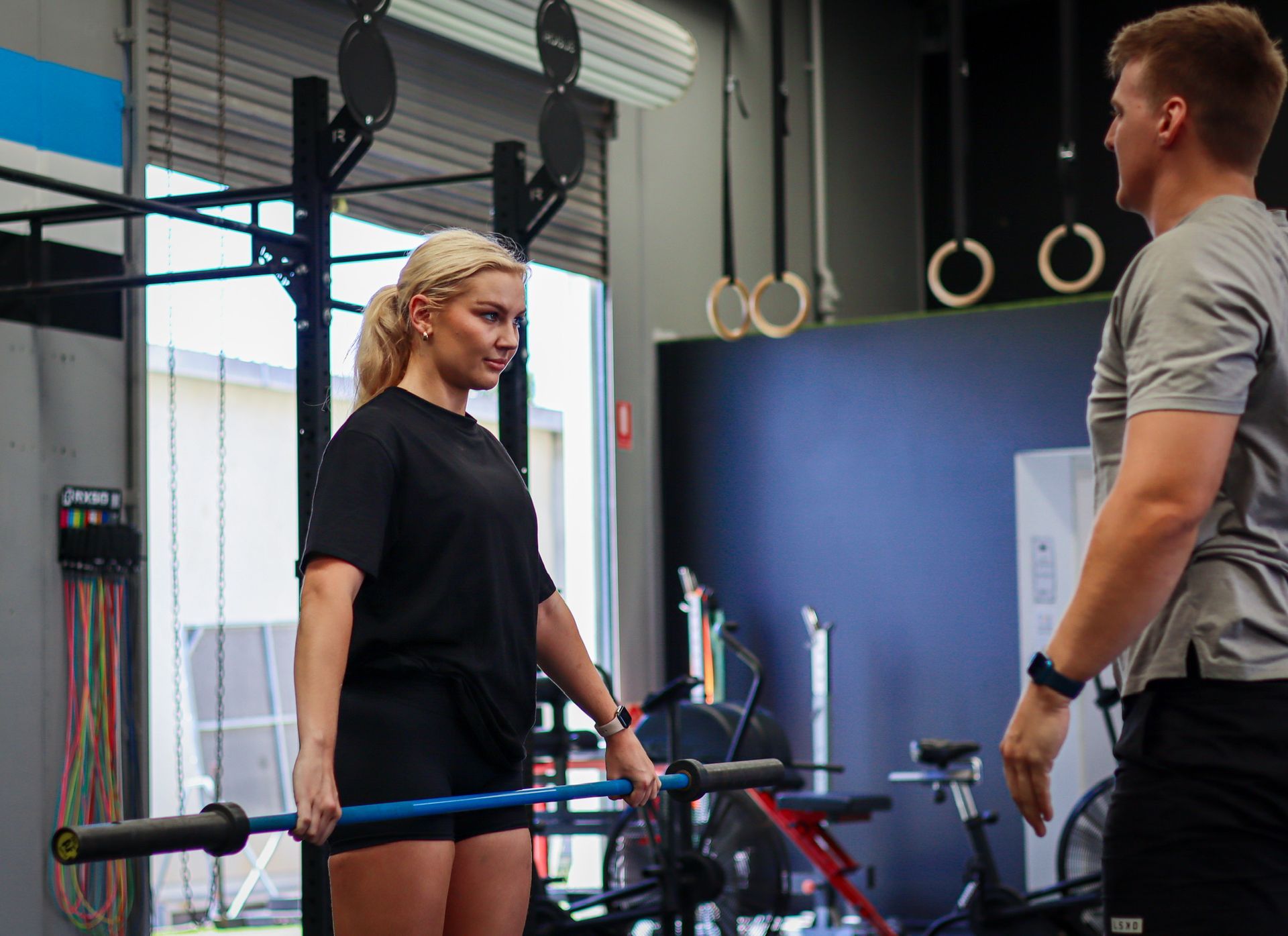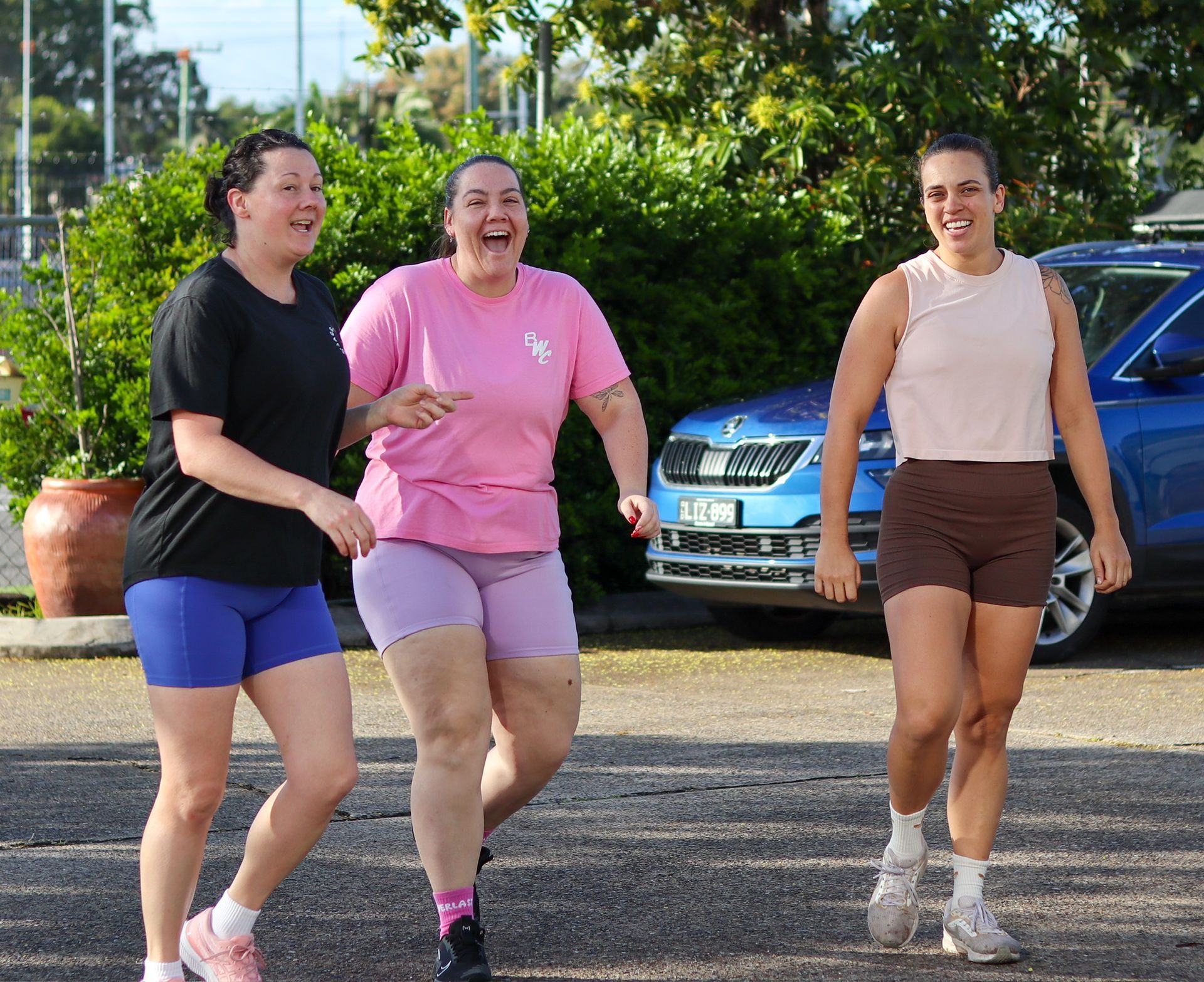The Importance Of Finding Balance
It can be difficult to juggle priorities – work, family, exercise, nutrition, a social life, recreational interests, there’s only so much you can get out of a day. Then you check your social media and people are smashing gym sessions, eating their chicken and broccoli and living a life of abstinence, probably making you feel like you aren’t doing enough. Too often the health industry is perceived as all or nothing - but it’s not that black and white. It’s time to throw away the stereotypes and assumptions of what you ‘should’ be doing. It can’t be an all or nothing approach, health is a spectrum. This week, in the podcast we’re talking about the importance of balance. But what is balance? Based on the biopsychosocial model of health and balance, it’s three-pronged, coach James Batey explains. “Health is bigger than training and nutrition – you look at it in three different facets. You have to look at all these things when you’re looking at balance and health.” Biological – all things non-cognitive, so your physical, your training, your nutrition, your genetics – because your genetics do play a role in your health, and how we can improve all of these. It’s nature versus nurture. You have social, with respect to others; so you might be able to deadlift 200kg and you might eat beautifully but you have shit relationships with your family, can’t keep a relationship together, you’ve got no support, no connection – you’re missing social engagements because you’re worried about missing your meal. Where’s the balance there? Then you have your psychological – with respect to others. So, your attitude your education, your beliefs, your spirituality all matter.Health and fitness shouldn’t feel like a chore or a punishment, coach Sean Carroll explains: “That’s the biggest thing we see people get caught out by, they think health and fitness is an all or nothing approach. You don’t have to go from zero to 100, and that’s what a lot of people do, they go all in on something and then neglect the things that they did enjoy and then they see health and fitness as a punishment, not something that is empowering.” In the nutrition industry we see people – influencers, friends, coaches - pushing extremes. The moment we start going to extremes of things, we start creating negative relationships around food and as Sean says: “That’s just not health. “ So how do you find an equilibrium, or know what balance is? If you’re overwhelmed with where to begin, first you must think about your priorities. What are they? Pick 3-5 priorities. Then let your behaviour cater to that. James says you don’t have to go without things you love: “It’s about restraint, not restriction.” Have the things you love, with balance. If you can only commit to training at the gym three times per week, that’s fine. It’s about the bigger picture. Sean says the same for nutrition - balance is key. “Creating a balanced approach to nutrition is about creating a diet that’s not restrictive in taking away the things you like but prioritising a little bit of everything. You can have whatever you want in your diet – you can’t have everything of the things that you want.” Listen to more about finding and maintaining balance on the podcast on Spotify, Apple Podcasts or Google Podcasts now. You can also get in touch with our coaches at Rebuild Health & Fitness, Wynnum West to learn more about finding balance in your health, training, nutrition and life. Contact us now, team@rebuildhealthandfitness.com
Previous Blogs




